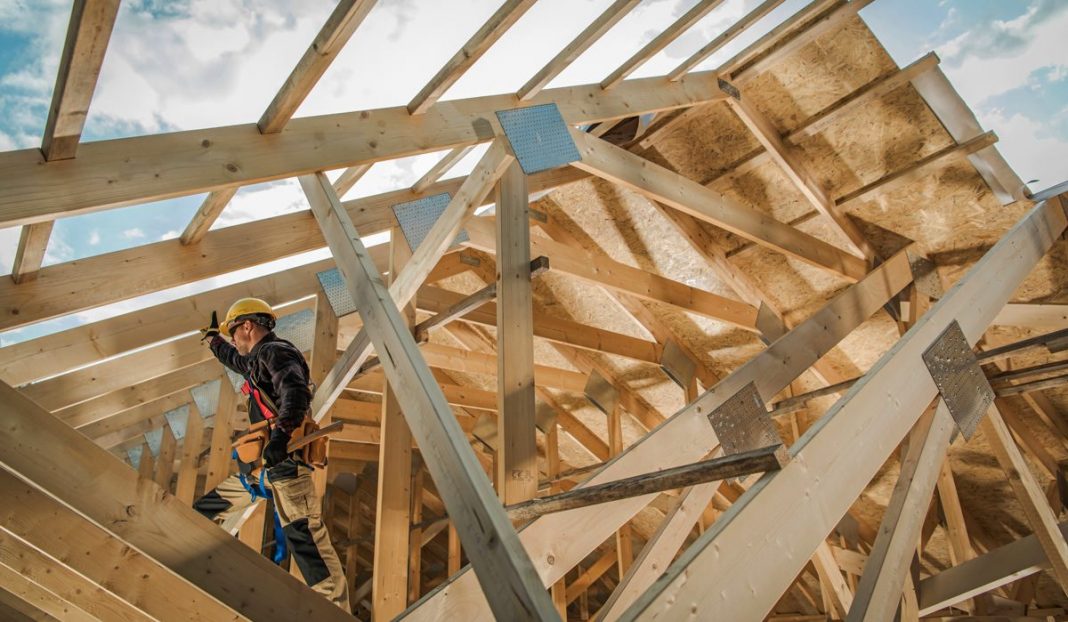Mortgage rates remain relatively high and existing-home inventory is low as a result. That’s providing a golden opportunity for homebuilders.
The National Association of Home Builders (NAHB) reported Tuesday that its Home Building Geography Index (HBGI) showed growth in the number of building permits during the second quarter of 2024 in every region of the country.
“Despite the elevated interest rate environment, single-family construction continues to move along at a better pace than 2023 and has been led by a rebound in construction activity in high density areas,” NAHB Chairman Carl Harris said in a statement.
The HBGI uses single-family home permit data to gauge construction growth, which is broken into seven geographic regions.
Single-family permitting increased the most in what NAHB calls “large metro core counties,” where the four-quarter moving average increased by 17.6% on a year-over-year basis. Suburban counties in large metros saw permits increase by 17%, while activity in core counties of small metros increased by 16.7%. “Micro” counties posted the slowest growth at 3.4%.
The growth in permitting comes even as for-sale inventory has steadily increased for builders, but that’s by design. Builders have increasingly shifted toward a business model based on spec building — that is, building a house without having a buyer lined up.
Analysts say that builders will continue to hold more spec inventory than they used to, and they will discount it aggressively if they have to hold it longer than they want.
The data from NAHB is reinforced by a strong new-home sales report from the U.S. Census Bureau. In July, new-home sales jumped 10.6% compared to June and were up 5.6% year over year. The numbers were a pleasant surprise relative to expectations.
The HBGI grew by 17.5% in areas where second homes are prevalent — defined as a county in which at least 10.3% of the total housing stock is a second home.
While single-family construction continues to boom, multifamily construction is slow. Multifamily permit rates dropped in all seven regions in the second quarter due to limited financing options and high levels of inventory, among other factors, according to NAHB.
“Multifamily construction continues to slow as builders deal with higher rates, a shortage of workers and supply chain concerns for some building materials,” Harris said.
Related


